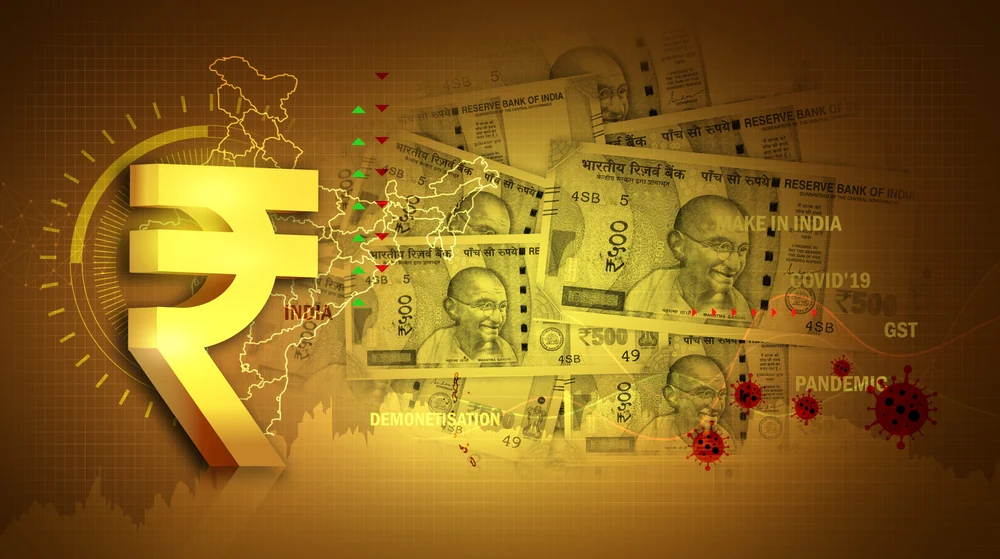Now Reading: Tax Woes and Offshore Trade: Is India Losing Its Crypto Momentum?
-
01
Tax Woes and Offshore Trade: Is India Losing Its Crypto Momentum?
Tax Woes and Offshore Trade: Is India Losing Its Crypto Momentum?

India’s crypto industry, once buzzing with new investors and growing exchanges, is facing a slowdown. The introduction of high taxes has pushed many traders to rethink their strategies. With a 30 percent tax on gains and a 1 percent TDS on transactions, a large share of trading activity has quietly shifted to offshore platforms. The question now is whether India is losing its momentum in the global digital asset race.
For small investors in Tier-2 cities like Nagpur, Indore and Jaipur, the tax rules have been a major hurdle. Many entered the market with modest savings, hoping to learn and grow along with the industry. But the high cost of compliance has discouraged them from trading actively. For these investors, the rules feel less like regulation and more like a barrier to participation.
Exchanges within India have also reported declining volumes since the tax changes. With fewer trades happening locally, liquidity is falling, and platforms are struggling to retain their user base. This is one reason many traders, especially younger ones, have moved to international platforms where taxes and restrictions are less severe. The ease of accessing these platforms online makes the shift even smoother.
However, the government’s stance is based on caution. Officials argue that strict taxation and monitoring are necessary to prevent misuse of cryptocurrencies for illegal activities. They also highlight risks like volatility, scams and lack of investor protection. From this perspective, heavy taxation is seen as a way to regulate participation while keeping the financial system stable.
At the same time, industry experts believe India may be losing out on innovation. A strong domestic market could have encouraged startups, created jobs and made the country a leader in blockchain solutions. Instead, the migration of investors and developers to global markets suggests that opportunities are being missed. For Tier-2 cities, this means fewer chances to access new-age jobs and financial products that could have supported local economies.
The road ahead depends on balance. India needs policies that allow responsible trading without driving investors away. A reconsideration of the tax structure, especially lowering TDS, could help revive local participation. With millions of Indians already showing interest, the goal should be to keep the energy within the country. Otherwise, India risks watching the crypto wave grow elsewhere while its own momentum fades.

























